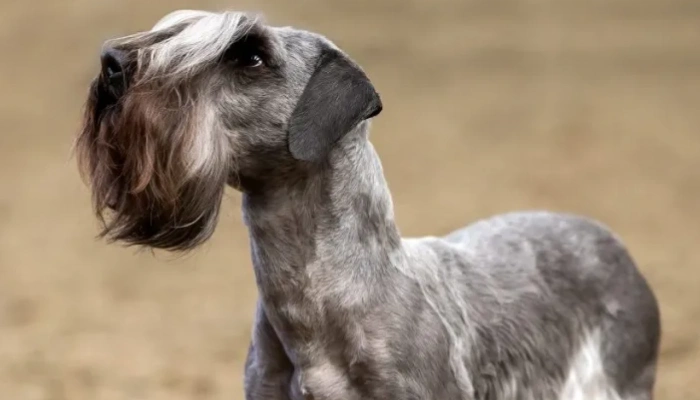Unlike many terriers, the Cesky is less hyper and less reactive, making it easier to manage in multi-dog households or quieter environments. Still, it has a strong prey drive and enjoys chasing and digging, so supervision and secure yards are recommended.
Their unique coat grows continuously and must be trimmed every 6–8 weeks. Regular brushing helps prevent tangles, especially on the legs, chest, and beard. The breed is generally healthy, though it’s rare and may have a limited genetic pool in some regions.







